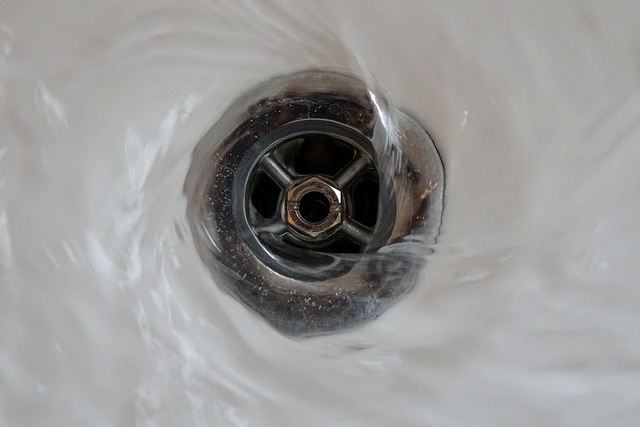The Intriguing Connection Between Physical Activity and Mental Well-being
Have you ever considered that your physical well-being might have a profound impact on your mental health? It's a fascinating link that has been the focus of many scientific studies, and the findings are more significant than you might think. The relationship between physical activity and mental health has been a topic of interest for centuries. Ancient Greek philosopher Plato once said, "Lack of activity destroys the good condition of every human being, while movement and methodical physical exercise save it and preserve it."

Furthermore, the link between the two was emphasized in the 20th century when the World Health Organization (WHO) defined health as “a state of complete physical, mental and social well-being and not merely the absence of disease or infirmity.”
Understanding the Current Trends
Modern society is becoming increasingly aware of the importance of physical activity for mental health. A growing body of research shows that exercise can help alleviate symptoms of mental health conditions like depression, anxiety, and stress.
Notably, a 2018 study published in The Lancet Psychiatry journal found that individuals who are physically active have a 43% reduced risk of developing depressive symptoms. Another study in the Journal of Clinical Psychiatry showed that people who engage in regular physical activity are less likely to experience anxiety disorders.
The Benefits and Challenges of Physical Activity for Mental Health
Physical activity is a powerful tool for mental health, owing to its ability to release endorphins, the body’s natural mood elevators. It also helps regulate sleep patterns, reduce stress levels, and increase self-esteem.
However, maintaining regular physical activity can be challenging, especially for those already struggling with mental health issues. The key is to find enjoyable activities and start small, gradually increasing the intensity and duration as fitness improves.
Evidence-Based Health Tips
- Start Slowly: If you’re new to physical activity, start with short, low-intensity workouts and gradually increase your intensity and duration.
- Choose Enjoyable Activities: Find physical activities that you enjoy doing, such as dancing, yoga, or hiking. The more you enjoy your workout, the more likely you are to stick with it.
- Build a Routine: Aim to incorporate physical activity into your daily routine. It doesn’t have to be a full workout; even a short walk can make a difference.
- Get Social: Exercising with a friend or family member can make your workout more enjoyable and keep you motivated.
Wrapping Up
The connection between physical activity and mental health is profound. Regular physical activity can significantly improve mental well-being, helping to reduce symptoms of depression, anxiety, and stress. As we continue to understand this link, it is clear that integrating physical activity into our daily lives is an essential strategy for holistic health and wellness.




